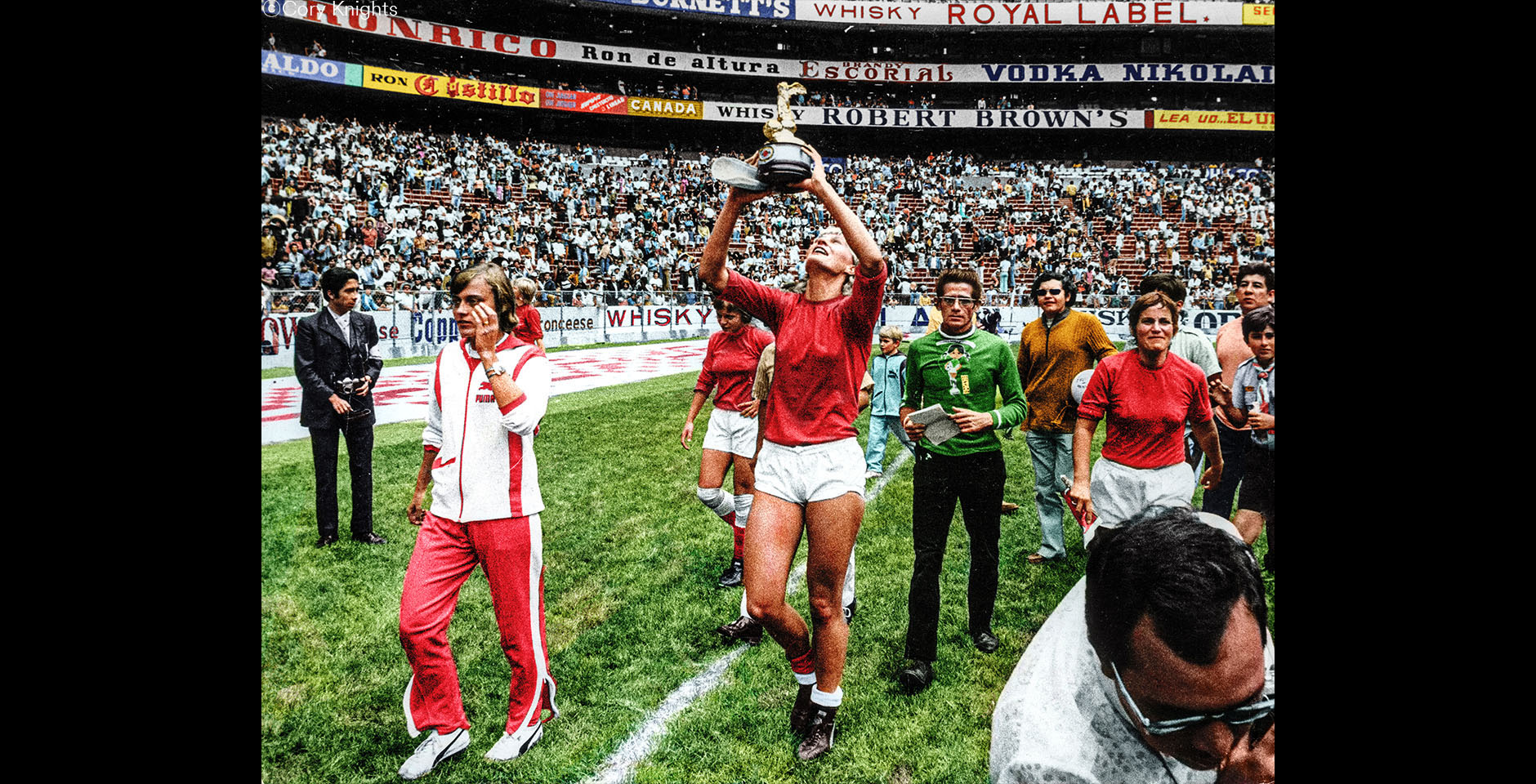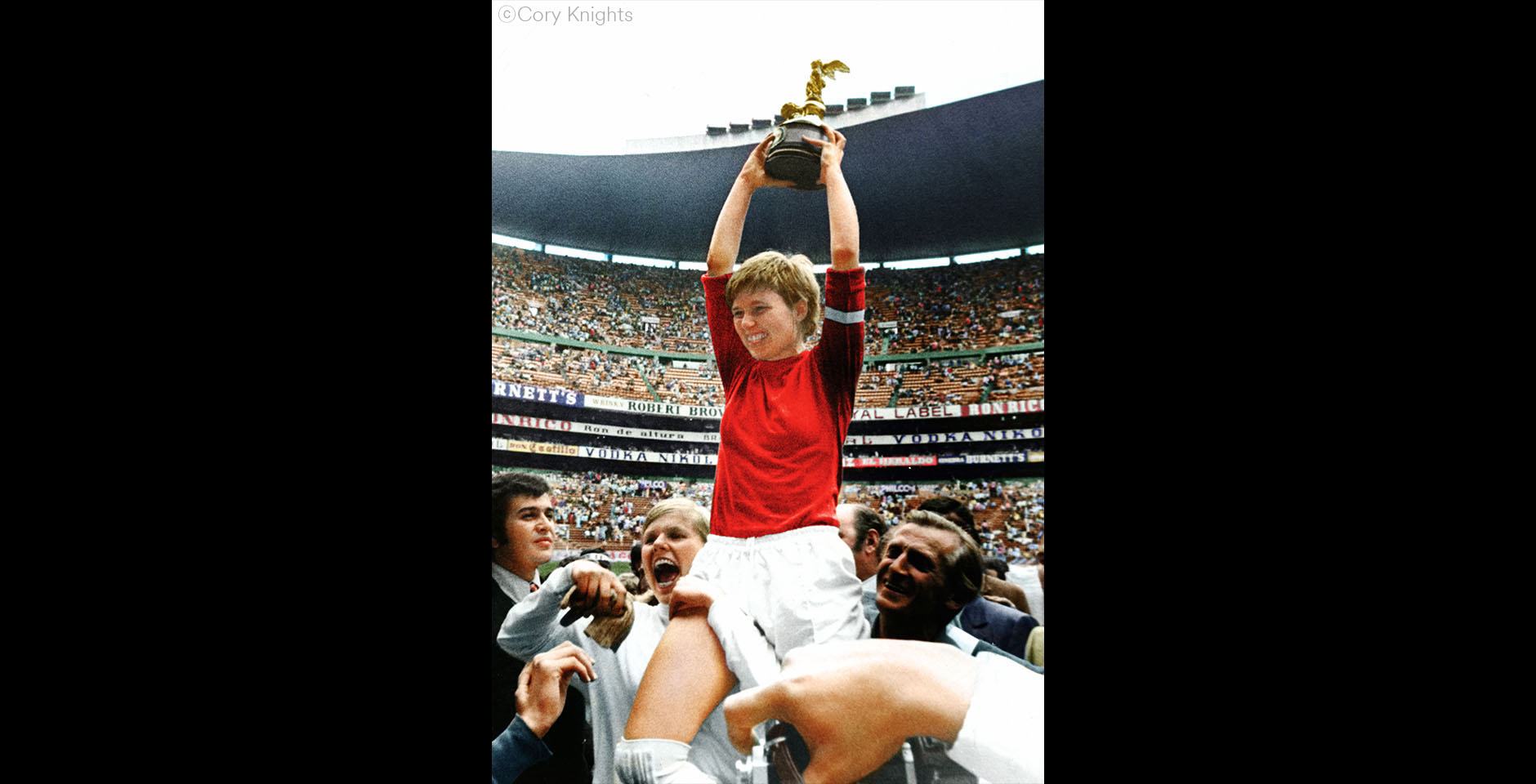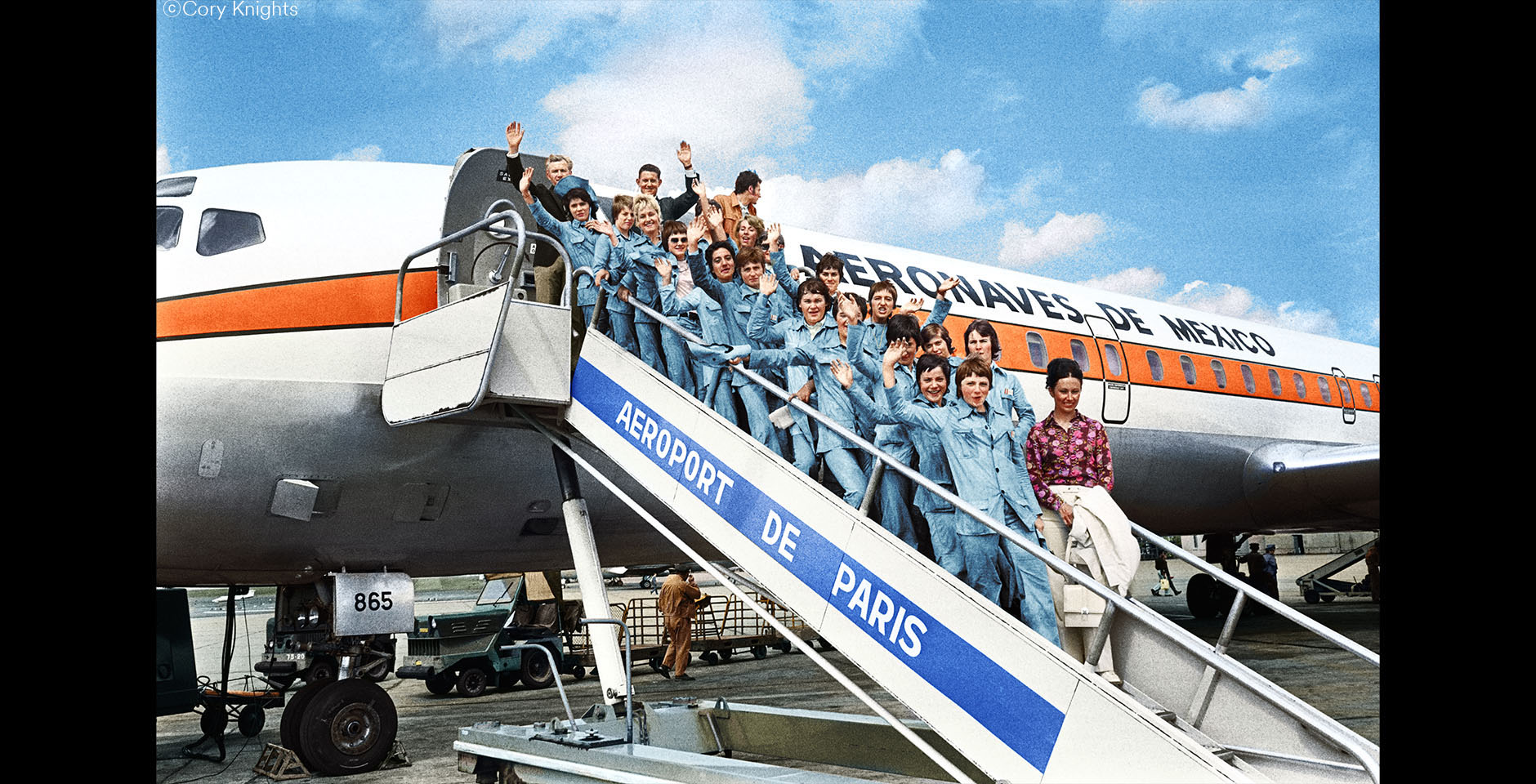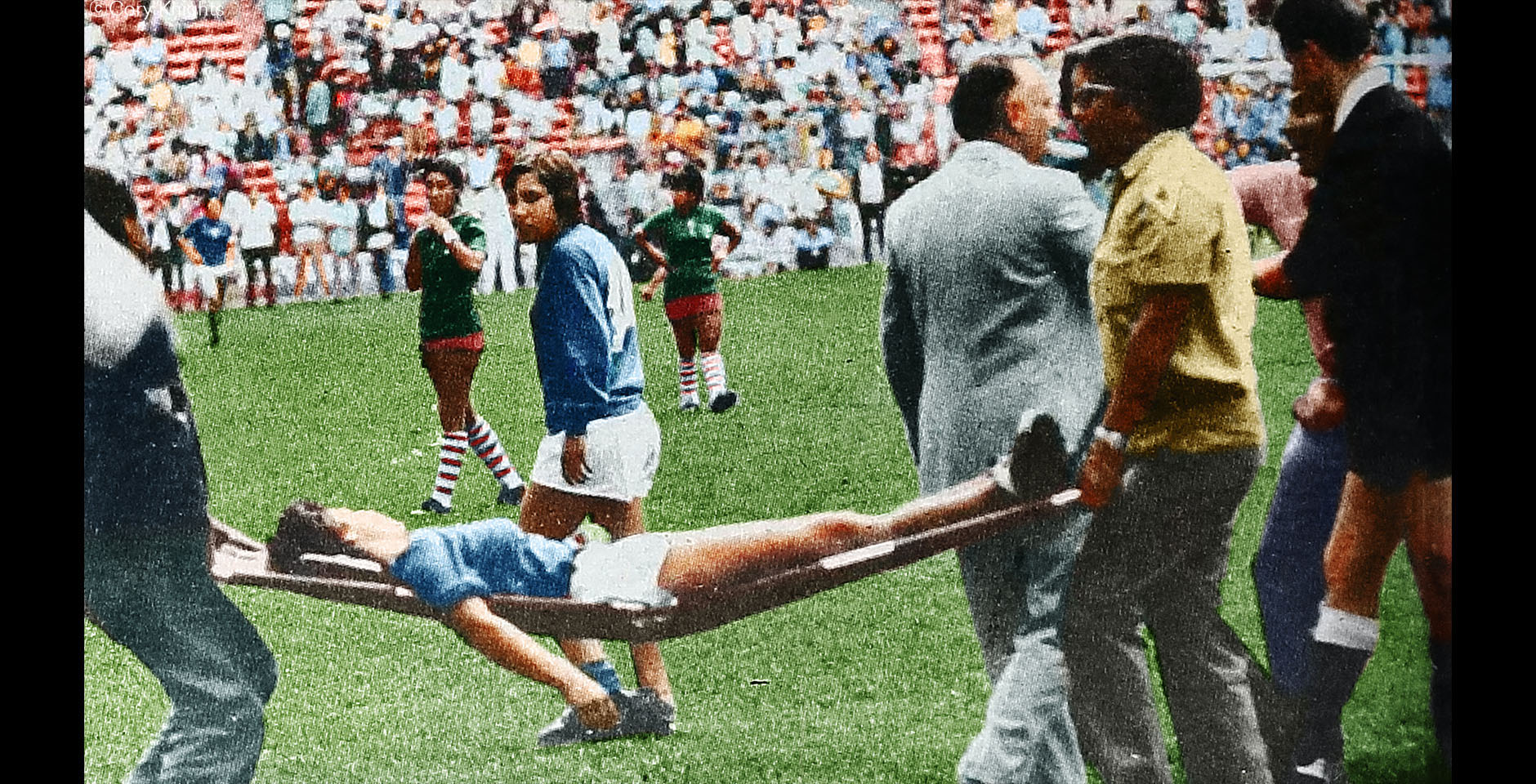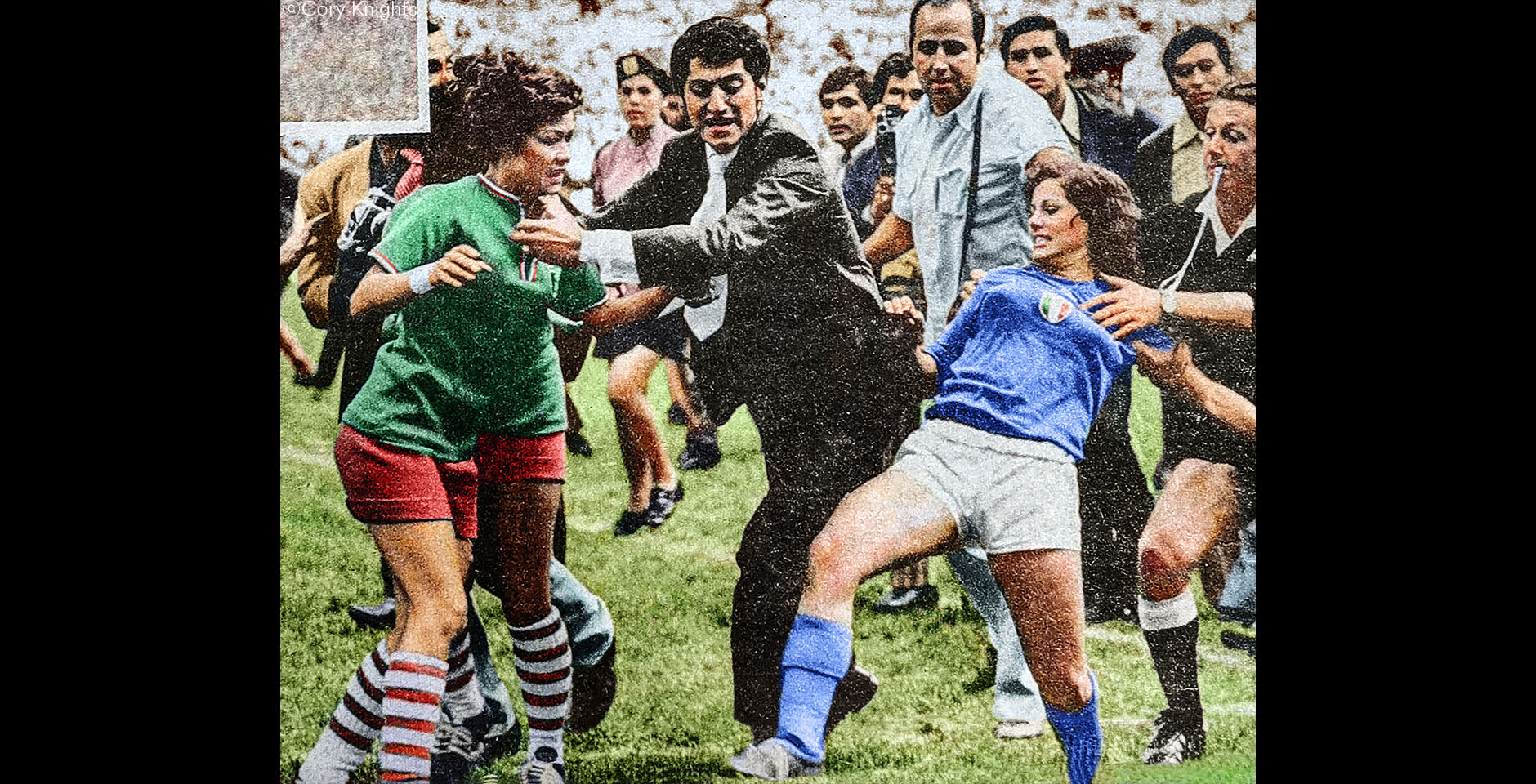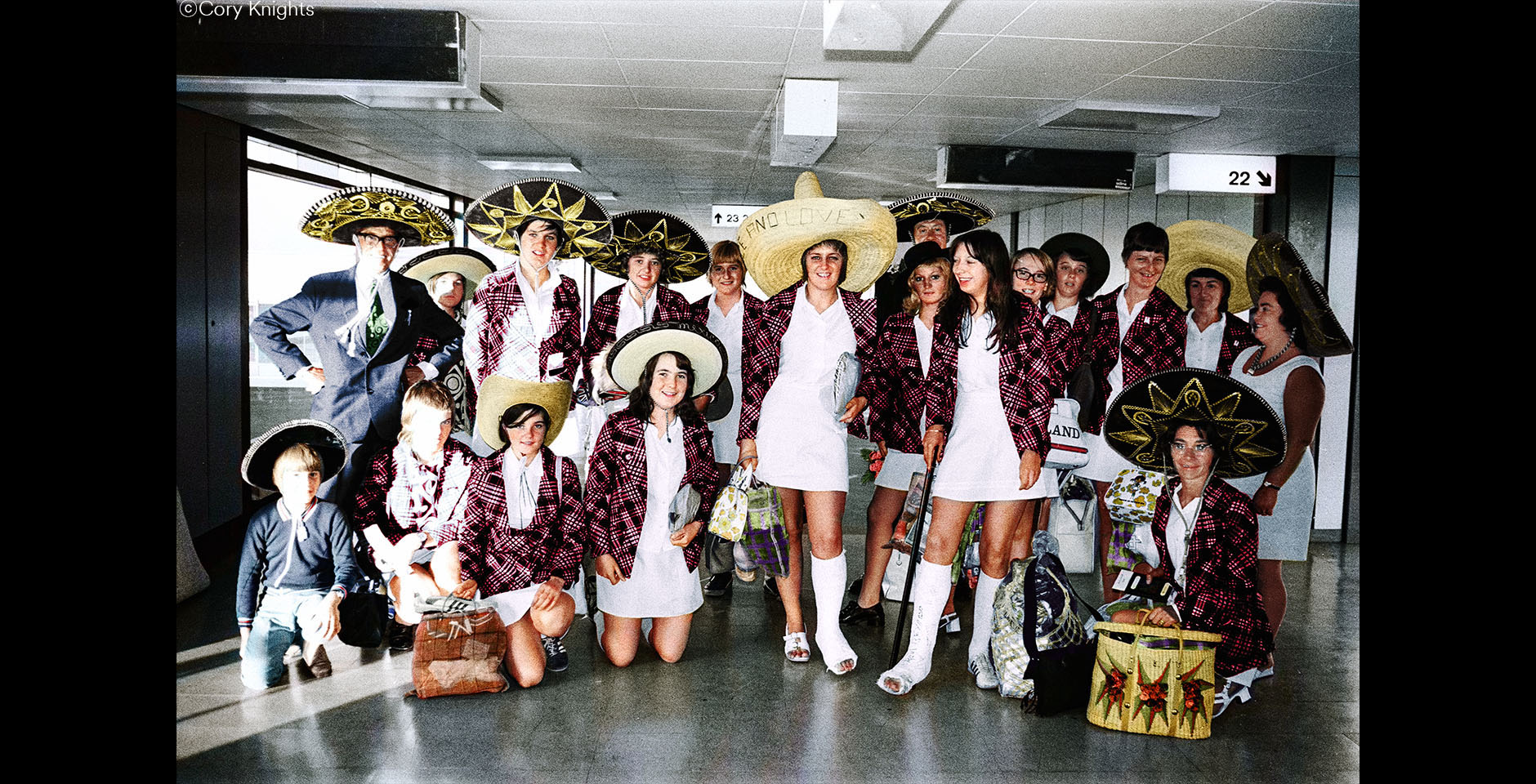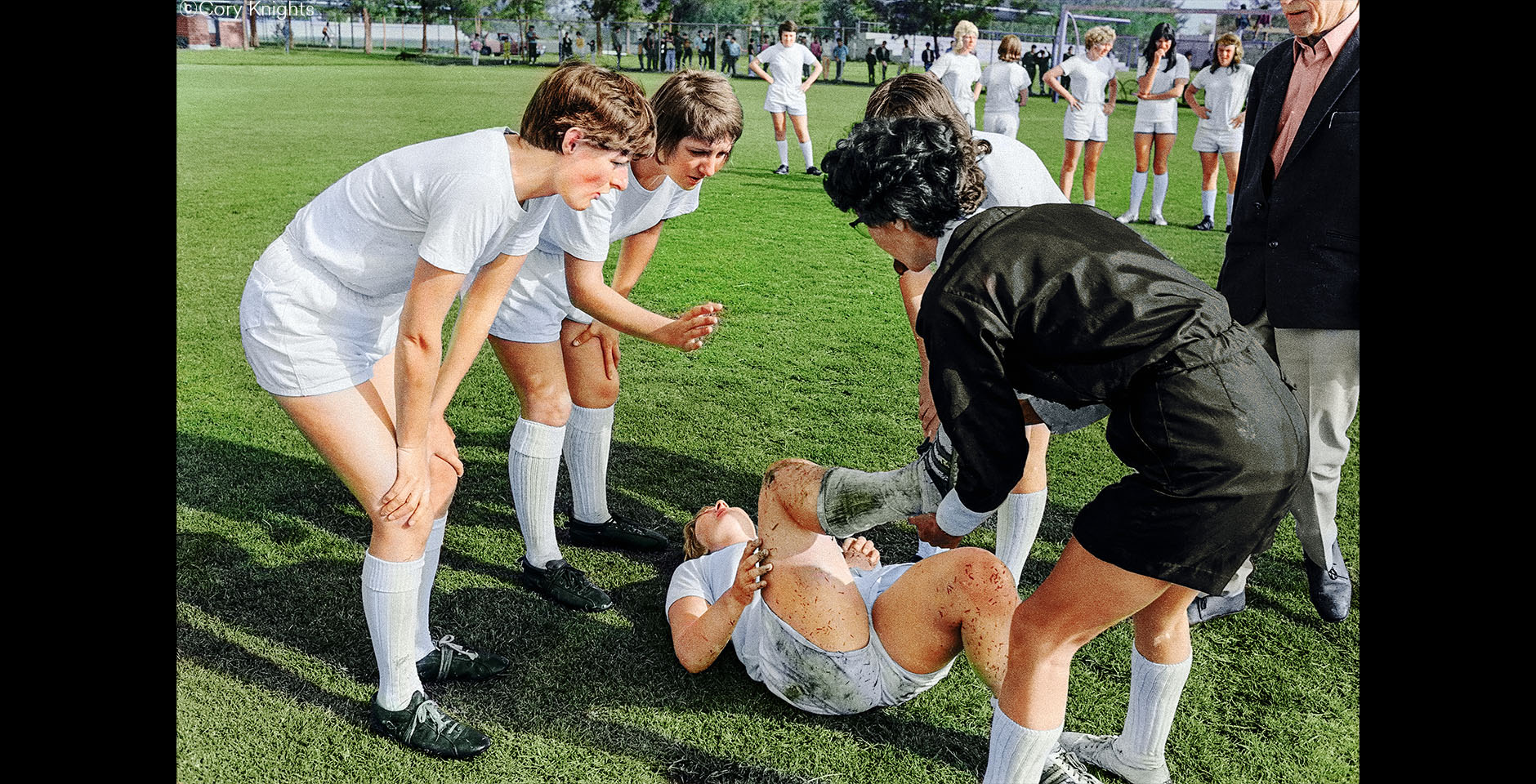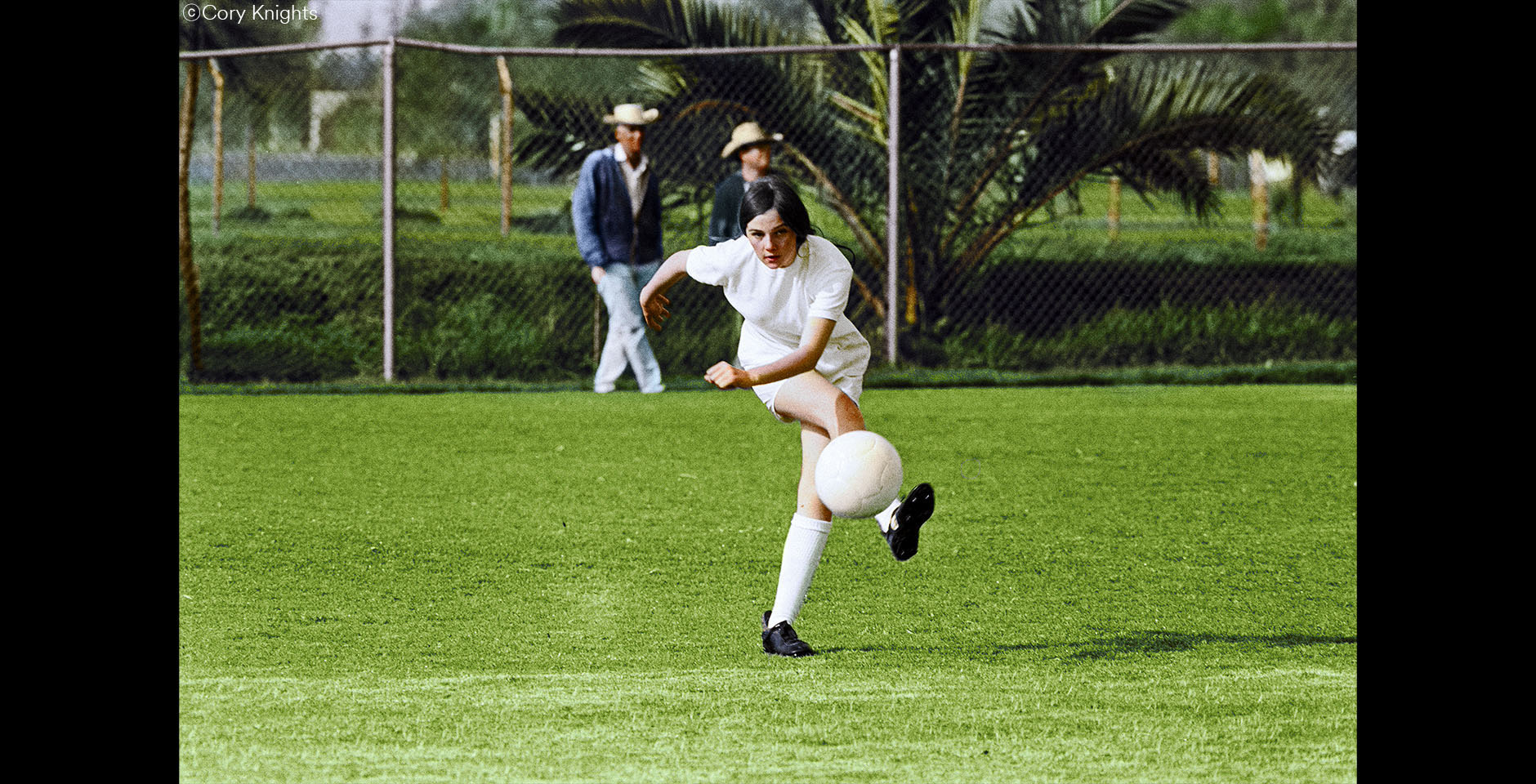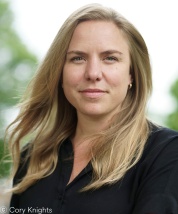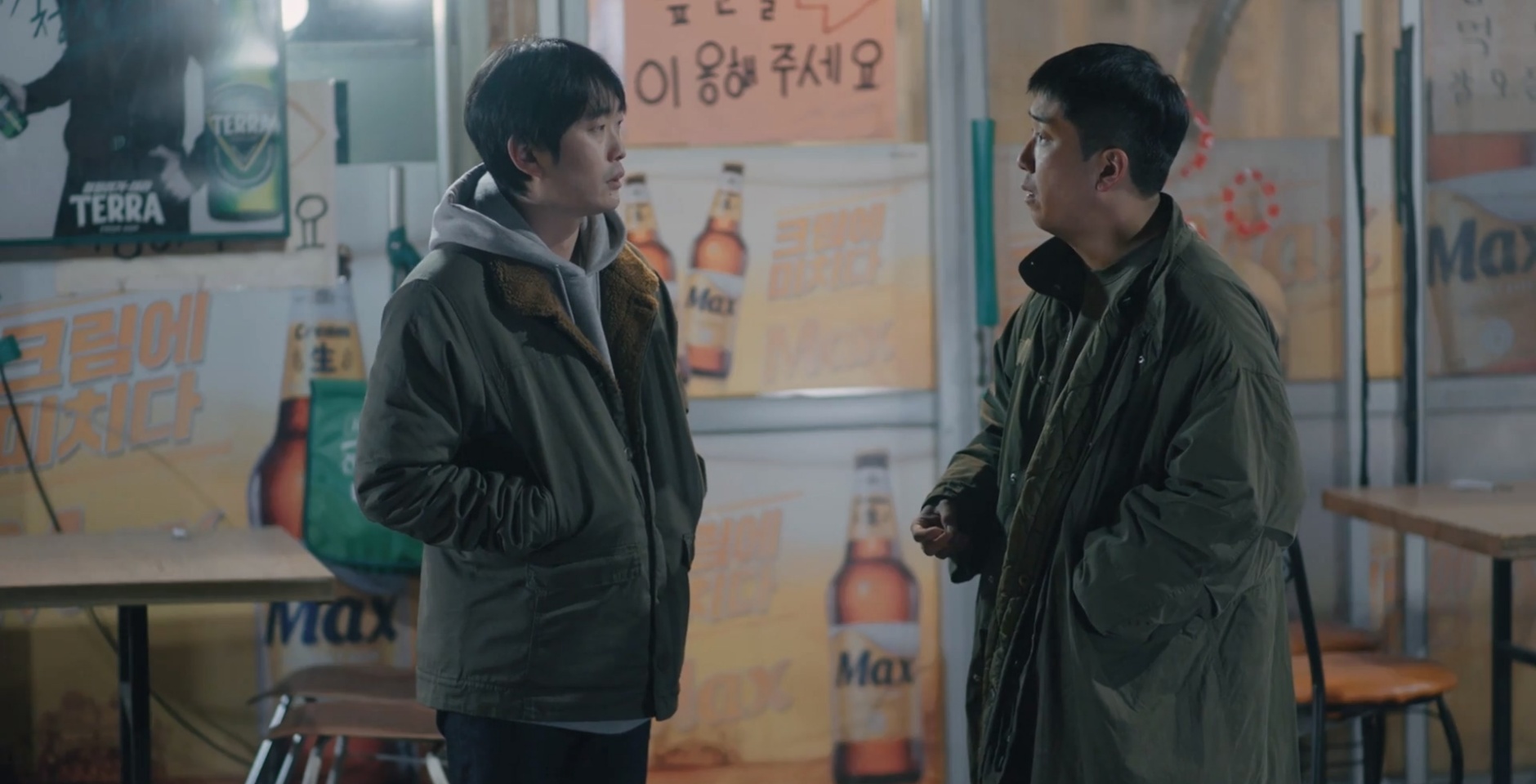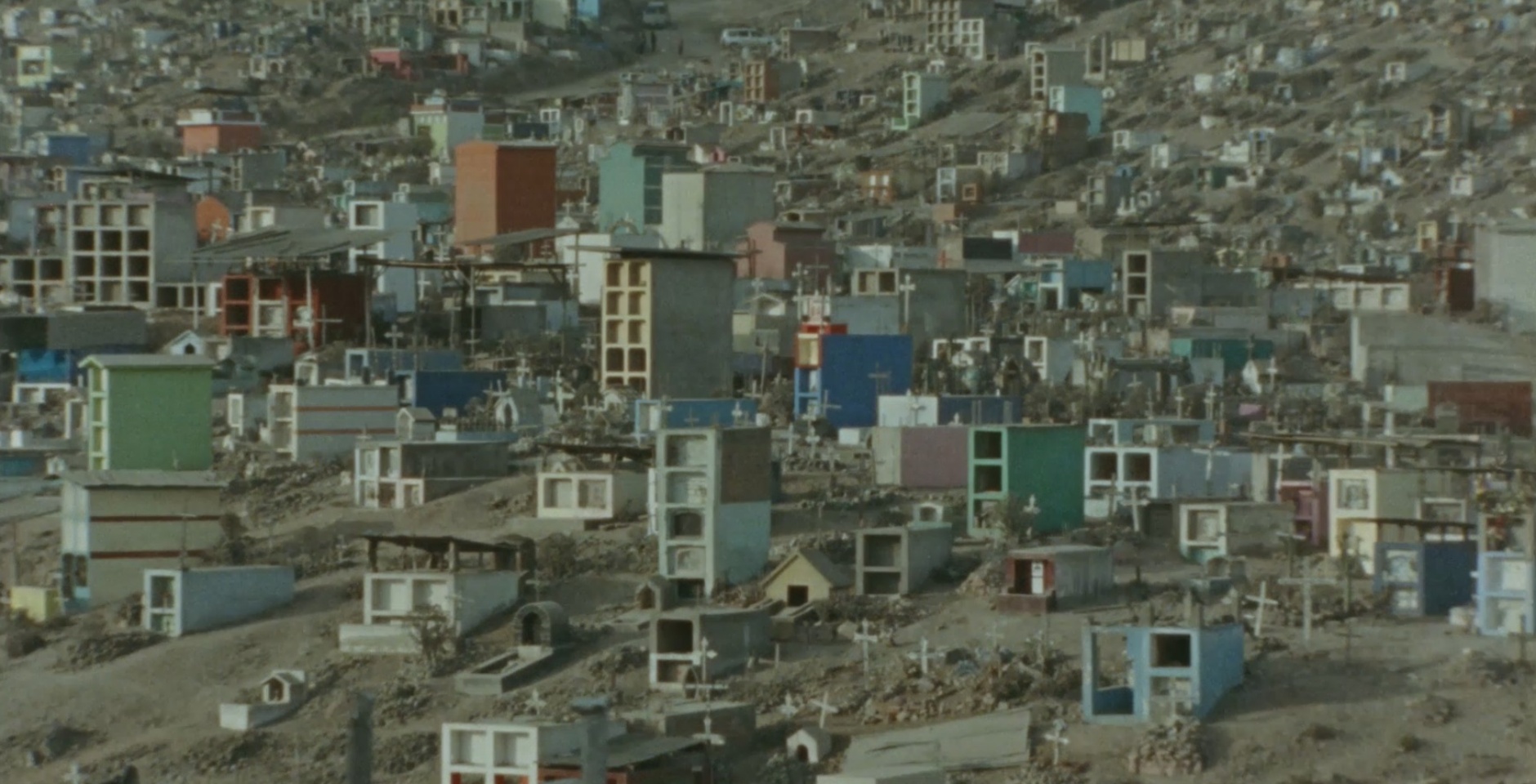After the success of the 1970 Men's World Cup, Mexico set out to build on the momentum and host the Women's World Cup the following year. However, FIFA and national football associations did not recognize women's football, so the tournament would become entirely Mexican. Thus, in August 1971, women's soccer teams from England, Argentina, Mexico, France, Denmark, and Italy gathered at the Azteca Stadium in Mexico City. The tournament was a huge success, with more than 100,000 fans attending every game: Copa 71, the unofficial first-ever Women's World Cup. The players that participated, although it varied from country to country, did not have the opportunity to tell their stories for over 50 years, and had to live with daily sexism and the dismissal of their dreams, sometimes even within their own families. It's an unfortunate chapter in football history, but the exciting footage of the tournament and the retrospectives of the players is enough to excite any football fan. Take note, the Women's World Cup was only officially recognized by FIFA in 1991. (CHUN Jinsu)












